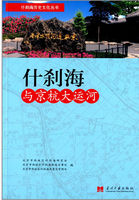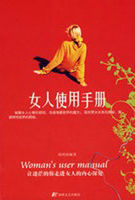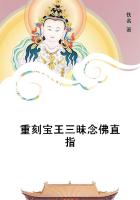etymologically, a "self-boiler"--will be brought in, and you will make your tea according to your taste. The tumbler, you know of course, is to be used as a cup, and when using it you must be careful not to cauterise the points of your fingers. If you should happen to have anything eatable or drinkable in your travelling basket, you need not hesitate to take it out at once, for the waiter will not feel at all aggrieved or astonished at your doing nothing "for the good of the house." The twenty or twenty-five kopeks that you pay for the samovar--teapot, tumbler, saucer, spoon, and slop-basin being included under the generic term pribor--
frees you from all corkage and similar dues.
These and other remnants of old customs are now rapidly disappearing, and will, doubtless, in a very few years be things of the past--things to be picked up in out-of-the-way corners, and chronicled by social archaeology; but they are still to be found in towns not unknown to Western Europe.
Many of these old customs, and especially the old method of travelling, may be studied in their pristine purity throughout a great part of the country. Though railway construction has been pushed forward with great energy during the last forty years, there are still vast regions where the ancient solitudes have never been disturbed by the shrill whistle of the locomotive, and roads have remained in their primitive condition. Even in the central provinces one may still travel hundreds of miles without ever encountering anything that recalls the name of Macadam.
If popular rumour is to be trusted, there is somewhere in the Highlands of Scotland, by the side of a turnpike, a large stone bearing the following doggerel inscription:
"If you had seen this road before it was made, You'd lift up your hands and bless General Wade."
Any educated Englishman reading this strange announcement would naturally remark that the first line of the couplet contains a logical contradiction, probably of Hibernian origin; but I have often thought, during my wanderings in Russia, that the expression, if not logically justifiable, might for the sake of vulgar convenience be legalised by a Permissive Bill. The truth is that, as a Frenchman might say, "there are roads and roads"--roads made and roads unmade, roads artificial and roads natural. Now, in Russia, roads are nearly all of the unmade, natural kind, and are so conservative in their nature that they have at the present day precisely the same appearance as they had many centuries ago. They have thus for imaginative minds something of what is called "the charm of historical association." The only perceptible change that takes place in them during a series of generations is that the ruts shift their position. When these become so deep that fore-wheels can no longer fathom them, it becomes necessary to begin making a new pair of ruts to the right or left of the old ones; and as the roads are commonly of gigantic breadth, there is no difficulty in finding a place for the operation. How the old ones get filled up I cannot explain; but as I have rarely seen in any part of the country, except perhaps in the immediate vicinity of towns, a human being engaged in road repairing, I assume that beneficent Nature somehow accomplishes the task without human assistance, either by means of alluvial deposits, or by some other cosmical action only known to physical geographers.
On the roads one occasionally encounters bridges; and here, again, I have discovered in Russia a key to the mysteries of Hibernian phraseology. An Irish member once declared to the House of Commons that the Church was "the bridge that separated the two great sections of the Irish people." As bridges commonly connect rather than separate, the metaphor was received with roars of laughter.
If the honourable members who joined in the hilarious applause had travelled much in Russia, they would have been more moderate in their merriment; for in that country, despite the laudable activity of the modern system of local administration created in the sixties, bridges often act still as a barrier rather than a connecting link, and to cross a river by a bridge may still be what is termed in popular phrase "a tempting of Providence." The cautious driver will generally prefer to take to the water, if there is a ford within a reasonable distance, though both he and his human load may be obliged, in order to avoid getting wet feet, to assume undignified postures that would afford admirable material for the caricaturist. But this little bit of discomfort, even though the luggage should be soaked in the process of fording, is as nothing compared to the danger of crossing by the bridge. As I
have no desire to harrow unnecessarily the feelings of the reader, I refrain from all description of ugly accidents, ending in bruises and fractures, and shall simply explain in a few words how a successful passage is effected.
When it is possible to approach the bridge without sinking up to the knees in mud, it is better to avoid all risks by walking over and waiting for the vehicle on the other side; and when this is impossible, a preliminary survey is advisable. To your inquiries whether it is safe, your yamstchik (post-boy) is sure to reply, "Nitchevo!"--a word which, according to the dictionaries, means "nothing" but which has, in the mouths of the peasantry, a great variety of meanings, as I may explain at some future time. In the present case it may be roughly translated. "There is no danger."

